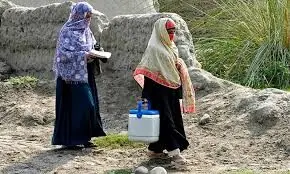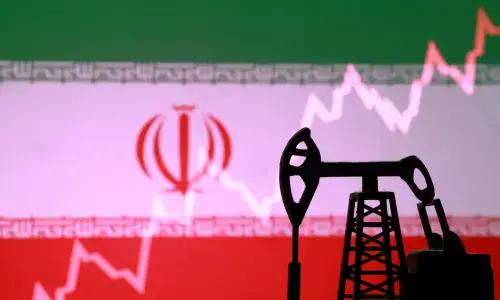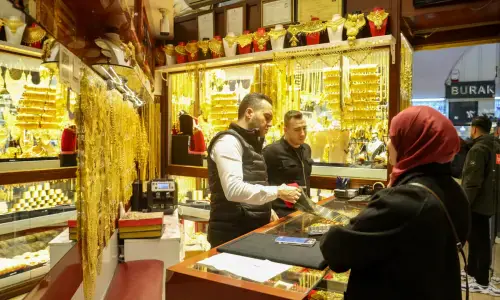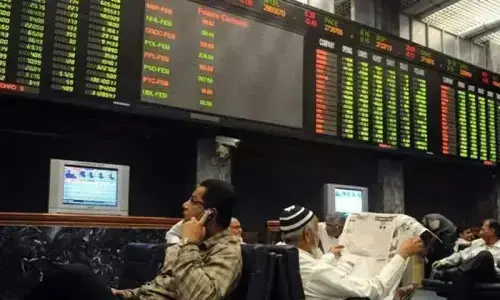 |
| The miraculous lives of this and that 1 |
In the traditional sense, formally sculpture would be defined as a form that operates in a three-dimensional space and it is often associated with a physical object that has been created by the artist. On the other hand, an installation is also three-dimensional but functions more on a sensorial level and interacts with a specific space, transforming its perception. Having said that in the context of contemporary art, these definitions are not exclusive and tend to overlap and blur.
Sculptures created today could just as easily be read by audiences as installations; hence how does one even begin to set explicit parameters? There is a difference between the two but whether the distinction is in the making or the reading is yet to be fully determined.
On a formal level, the practice of Huma Mulji raises some of these very questions, and on experiencing the art, one is unsure of where to place the work. If one were to consider the artist’s intention, then Mulji would categorise herself as a sculptor. In a conversation, she asks, “Why is sculpture not sufficient?” Looking around her studio, which is just above her home, it is very much a sculptor’s space — expansive and bright, almost like a warehouse. She remarks, “The advantage of having your house and studio together is that you can share tools!”
There is a cast of an old man on a chair, a representation of her father, she says. Other similar casts are placed in another corner, looking eerie: old ageing men sitting on chairs with feet dangling in the air, construct a presence of co-inhabiters.
On being asked what an installation was to her, Mulji talks about the art form being perhaps more to do with engagement, where the viewers can also be involved. In terms of history, she continues, “Installation art as a discipline challenged the notion of the white cube, where the context and meaning of objects was changed. Along with this, installations also questioned commodification, where selling and transportation of the artworks became harder.”
 |
| Ode to the lamppost ... 2 |
Interestingly some of these concerns also manifest within Mulji’s practice. When the works leave the studio for the exhibition space, they transpose from the sculptural domain to that of installation. For instance, when we look at Mulji’s work ‘The miraculous lives of this and that’ where several objects, taxidermy birds and plastic toys are housed in a wooden cabinet, we see Mulji combine the use of forms created with objects found/collected, in an attempt to present a specific idea through the deliberate juxtaposition of two variable sets of items.
Similarly in ‘Ode to a lamppost that got accidentally destroyed in the enthusiastic widening of the canal bank road’, a steel pylon and a flickering street light cut through the centre of the room, transforming the space and evoking an ‘experience’. The objects then lose their individual validity and become players in the larger narrative.
In these ways Mulji’s pieces are conscious of a larger purpose beyond their physicality and even their inherent trajectories of meaning. They are players on the field and await discovery and meaning once they have been viewed and experienced. Installation thus opens up a panorama of otherness that cannot be visually or metaphysically demonstrated by sculptural objects.
Published in Dawn, Sunday Magazine, April 26th, 2015
On a mobile phone? Get the Dawn Mobile App: Apple Store | Google Play
































